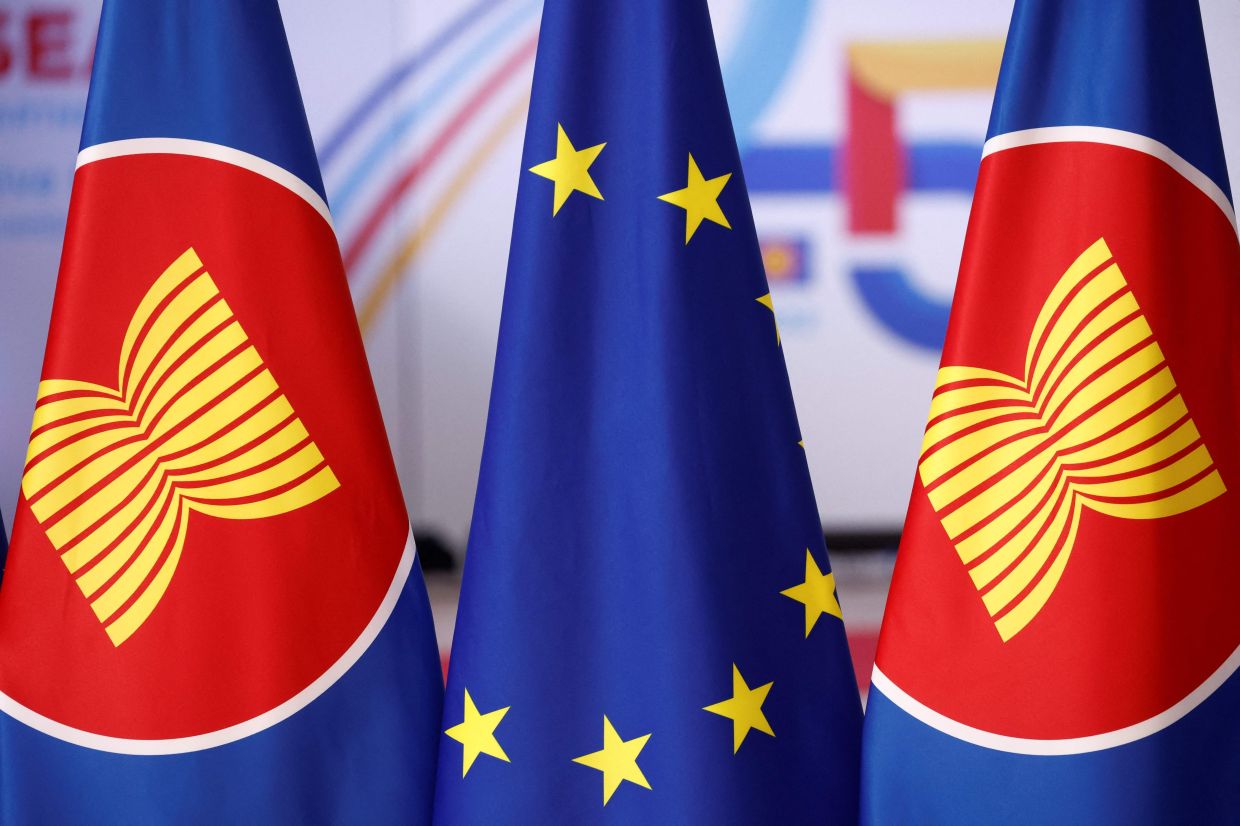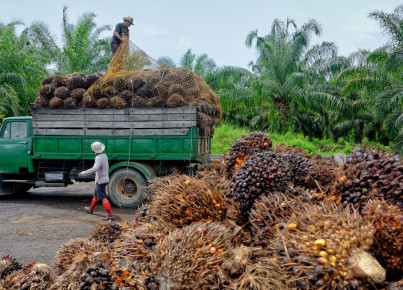In Brussels there is interest in concluding new free trade agreements, although the road is uphill for the negotiations with ASEAN partners. International tensions and domestic concerns (on both sides) make the dialogue more complex. But international trade remains vital for the economies of both blocs.
The Czech EU Council Presidency had identified in mid-2022, as its priorities, the conclusion of new free trade agreements (FTAs) 'particularly in Latin America and the Indo-Pacific (...) with like-minded partners'. A priority shared by the MEPs who, during the meetings with the Prague’s delegates in the first weeks of the Presidency, expressed the urgency of concluding the agreements with New Zealand, Mexico, Chile, Australia, India and MERCOSUR. In other words, the desire to open up to new markets through bilateral agreements is alive in Brussels, but the different negotiating tables are viewed with varying degrees of optimism. The treaties with ASEAN countries under discussion at the moment - with Indonesia and the Philippines - seem more difficult to conclude. Negotiations with Malaysia and Thailand have been stalled for years due to the internal political events in the two countries - if the negotiations with Bangkok are restarting, those with Kuala Lumpur will have to deal with the increasing instability of Malaysian politics. And this despite the fact that the EU has achieved two recent successes - the FTAs with Vietnam and Singapore - in this very region.
The most advanced dialogue is the one with Indonesia. Jakarta is an essential interlocutor for Brussels, and not only when it comes to trade. The country is a key player in ASEAN and also in the G20, as it has demonstrated during its recent presidency of the Summit. Both partners are interested in strengthening trade relations, but there are still a few vexed issues - in particular, the protection of intellectual property rights (IPRs, a chapter that also covers the protection of geographical indications) and the long-standing palm oil issue. The Russian-Ukrainian war could affect this point since, on the European side, demand for Indonesian vegetable oils is growing - due to the need to replace suppliers in the countries involved in the conflict. Another important part of the agreement will concern investments. Here again, the economic opportunity is intertwined with the political one. The EU - like the US - wants to present itself as an alternative to China in strategic infrastructure partnerships through the Global Gateway strategy, designed to respond to Beijing's Belt and Road Initiative. Considering that China-Indonesia trade relations are also growing thanks to the RCEP agreement, the conclusion of an FTA could help Brussels not to lose ground to Beijing.
The protection of IPRs - particularly when it concerns the pharmaceutical sector - is also an area of contention in the negotiations with the Philippines. The perception in Manila is that European negotiators give too much priority to the interests of patent holders at the expense of the general interest of access to medicines. In recent years, negotiations were slow also due to the MEPs' concerns about human rights in the country - during former President Rodrigo Duterte's campaign against drug trafficking, extrajudicial killings by national security forces were heavily criticised - and Strasbourg even called for the suspension of the GSP+ trade regime. Respect for human, civil and political rights is a prerequisite for the continuation of negotiations from the EU perspective - as proof of this, negotiations with Thailand had broken down in 2014 due to the military coup.
Less 'sinister' domestic issues can also block progress in the negotiations. For example, dialogue with Malaysia has stalled because of political uncertainty in Kuala Lumpur politics: recent governments have been backed by shaky and shifting majorities. And it remains difficult to get all stakeholders to agree on complex issues like trade agreements. To return to the subject of palm oil, palm oil farmers are a very influential constituency in Malaysia and view EU policies on the issue with contempt - and indeed all recent administrations have been very confrontational with Brussels, even raising the issue at the WTO, backed by Indonesia. On the other hand, European civil society as well has strong and opposite views on the issue of palm oil and influences the European institutions in this regard. European negotiators have to juggle between the demands of their citizens and those of the partners' delegations, which are sometimes internally divided - in some ASEAN countries, ministries of the same government are competing with each other to foster the agenda of the pressure groups they are most closely linked, to the detriment of other parts of the economy or society.
Despite the difficulties, continuing the liberalisation of trade relations can bring great benefits to both blocs, which owe much of their economic dynamism to exports. The conclusion of bilateral agreements between the EU and individual ASEAN countries could facilitate negotiations for a future region-to-region FTA - this seems to be the ultimate goal of Brussels after the failure of the same project in 2009. Overcoming the technical and political difficulties - which we have only brushed upon in this article - would be a positive signal at a time when unilateralism seems to be becoming the hallmark of international trade policy.






